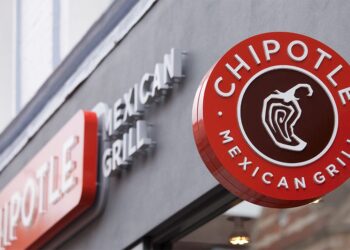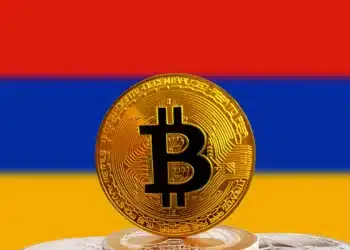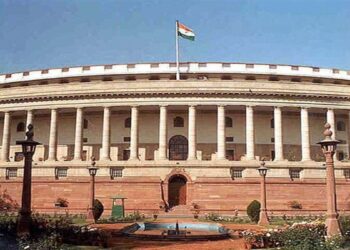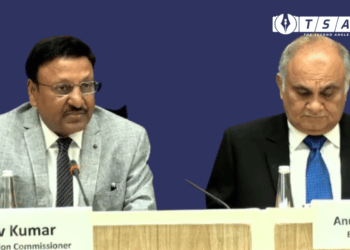On May 21st, finance minister Nirmala Sitharaman shared the decision of the Narendra Modi government to reduce the excise duty on petrol and diesel per litre. According to her tweet, this will reduce the price of petrol and diesel to 9.5 and 7 Rs. per litre, respectively. And also that this move will have a revenue implication of around 1 lakh crore per year for the government. Later the day, it was added to this by a government circular that there is a cut in the import duty on coal from 2.5% to 0%.
In April, wholesale price inflation reached a record high of 15.08 per cent on a price rise across all items. Retail inflation rose too, to a nearly eight-year high of 7.79 per cent in that month. This price drop in fuel prices has a direct influence on the price of essential goods. Therefore, it will ultimately cause a drop in the price of most of the essential retail commodities.

In her tweet, FM Nirmala Sitharaman went on to say that her announcement is in line with the Narendra Modi government’s commitment to the common people and their interests. “The Prime Minister has specifically asked all arms of the government to work with sensitivity and give relief to the common man”, she said. Also, the government will give Rs 200 per cylinder subsidy to Ujjwala Yojana beneficiaries for 12 cylinders in a year, which will cost a revenue of Rs 1600 crore a year. Minister Nirmala Sitharaman also added, “this is resulting in inflation and economic distress in a lot of countries,” in the context that due to the Russian-Ukraine war and the pandemic situation, the world is facing supply chain problems and shortages of various goods.
Influence of Russia – Ukraine conflict on the price hike of last month
International oil prices had started rising even before the Russia-Ukraine war, which started on February 24. In fact, the war led to a rise in the pace of the surge in prices. Even though India imported only 1 per cent of its crude oil requirements from Russia in 2021, the war’s impact on global price impacted India as well. 85 per cent of India’s oil needs are met by imports and so retail rates change accordingly to the global movements. Russia being the sixth-largest economy in the world is a major producer of fuel as it produces 17 per cent of the world’s natural gas and satisfies 12 per cent of the global oil needs. The war blocked out trade through the Black Sea.
PM’s say on fuel price drop 
Prime Minister Narendra Modi in his announcement said that it is always “people first” for his government. “Today’s decisions, especially the one relating to a significant drop in petrol and diesel prices will positively impact various sectors, provide relief to our citizens and further ‘Ease of Living’,” he tweeted. “Ujjwala Yojana has helped crores of Indians, especially women. Today’s decision on the Ujjwala subsidy will greatly ease family budgets” he tweeted, mentioning the subsidy on gas cylinders.
Benefits for common people
The sharp cut in excise duty on fuel leads to a cut in the price of day-to-day goods. All the states are informed to pass the benefit to common people by making similar cuts in the prices. This drop in price helps ease every common people’s livelihood a bit, especially that of people living in rural areas. Inflation affected people in rural areas more than in urban areas. In rural areas, the consumer price index inflation in food and beverages stood at 65 per cent in April, compared to 52 per cent in urban areas. Vegetable prices contributed the most to this in both categories, which affected the daily lives of common people. The drop in the price of essential goods gives them great relief from this situation.
Also Checkout: NHRC closes in on 30 years of existence – but is that all it has achieved?













